Hello, dear readers! In this blog we will talk about a very valuable topic; Why have people become Web 3.0 advocates? Let's move on to our blog...
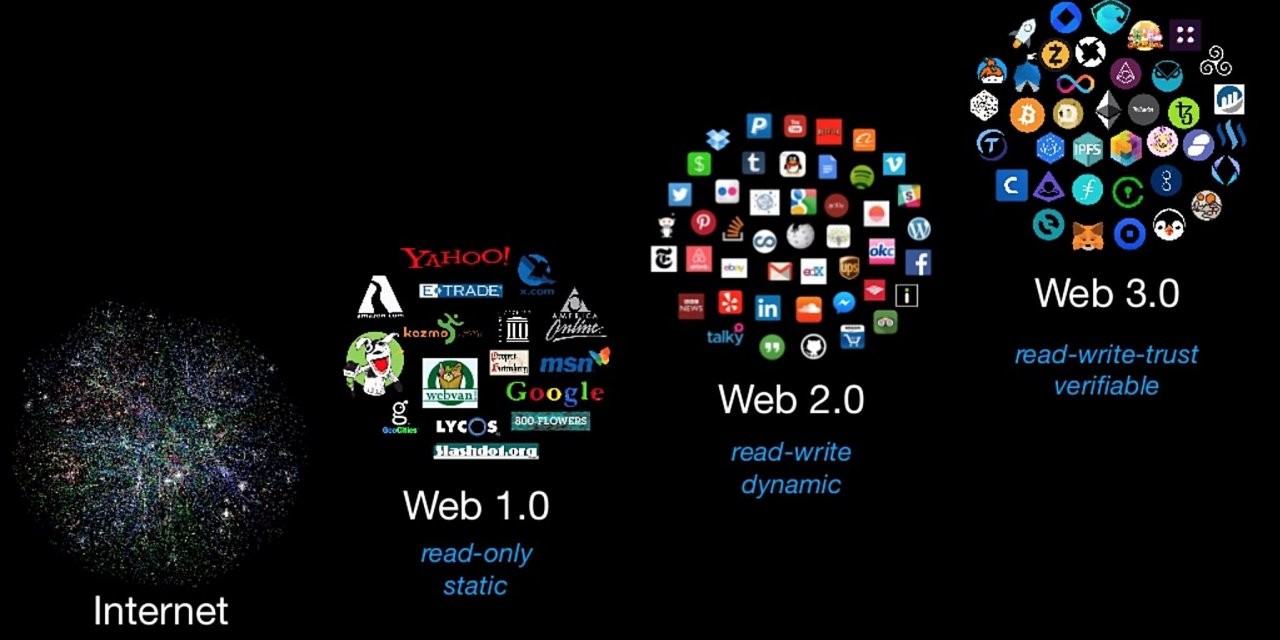
Web3 technology is a relatively new technology based on decentralization, which is seen as the future of humanity. Web 3.0 technology, which first made a big mark on the agenda when the unsung hero Sathoshi Nakamoto created Bitcoin using Blockchain technology, was later developed and expanded by Web3 advocates such as Hal Finney Nick Szabo. So why did these people defend this technology, even risking imprisonment?
Reaction Against Centralization:
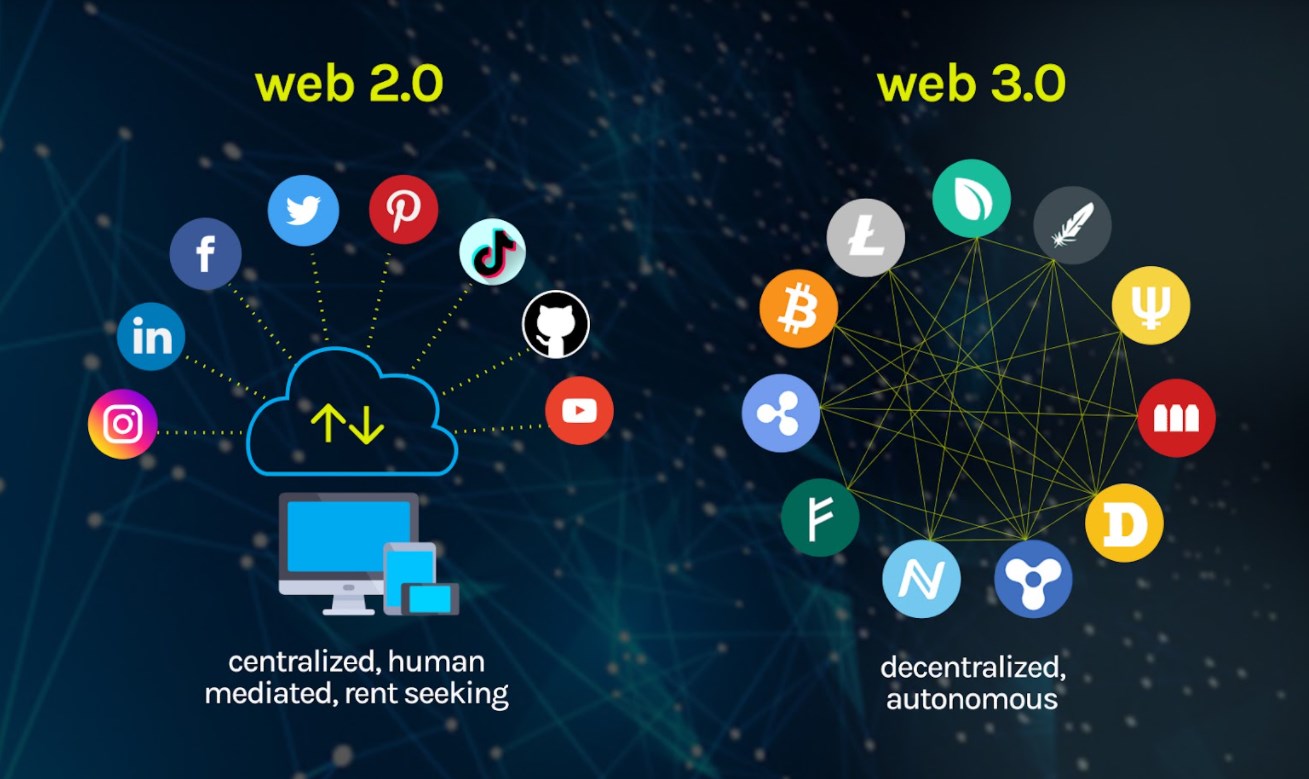
We are all aware that in the current state of the internet world, content producers and content consumers are the monetization machines of the application or interface used. For example; you are a youtuber, you produce content for YouTube and YouTube expects your service with the rules it sets, with the fees it sets. In fact, you do everything, you produce the content that allows YouTube to make money, but YouTube only gives you as much of the money it earns from you as it determines. This makes you a slave to centralized systems. Web 3.0 advocates oppose this system and advocate a democratic system.
Data Property:

Most of us see this kind of news almost every week: ........ Company sold our data to ........! After seeing this news, most of us do not use the products or applications of that company for only 1-2 weeks, but then we return to our old routine. However, Web 3.0 technologies and its advocates oppose this system and come up with solutions. Web 3.0 technologies allow you to control your data and do many of the things you did in Web 2.0 without giving your data to anyone. In this way, it is up to your initiative for people to buy your data. There are no intermediaries, there are no organizations that use you and put the money earned in their own coffers. Doesn't that really give you confidence?
Transparency and Privacy: Striking the Balance in Web3:
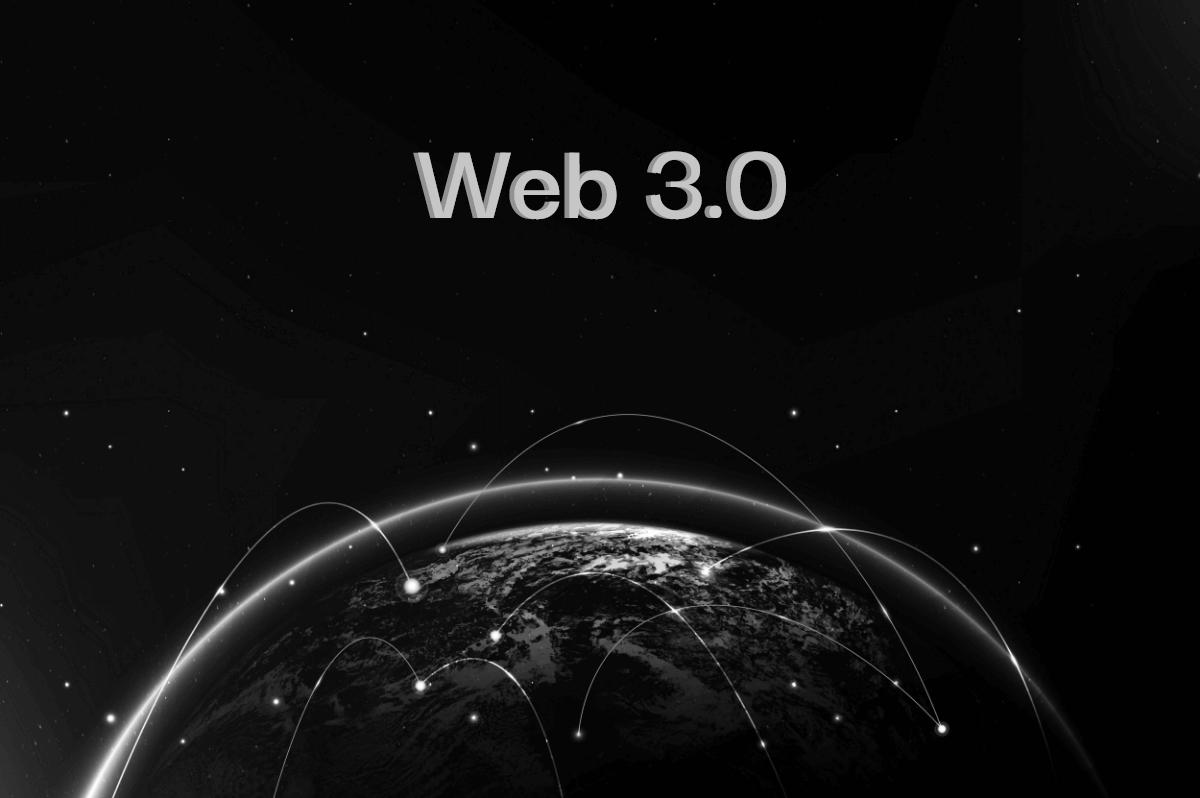
It may seem strange at first glance, but Blockchain and Web 3.0 technologies manage to combine transparency and privacy. It does this, in part, through a complex algorithm.
Here's how it works:
-Suppose you want to send money to Alex in a banking application on Web3. Both you and Alex will have a Public Key and a Private Key. The Public Key is like your bank IBAN and is used to send and receive money. The Private Key is like a card PIN and must be kept secret.
-You ask Alex for his Public Key and he sends it to you. You use this Public Key to send money to Alex. Alex receives the money you send using the Private Key.
So where is the transparency?
All transactions are recorded on the blockchain, a public ledger. This means that all transactions can be tracked and audited.
However,
It is not directly clear who is involved in the transactions. Transactions are carried out through anonymous account addresses (Public Keys). This way, the identity of users is kept private.
Transaction details such as the amount of money sent, the transaction fee and the date of the transaction are publicly available.
It is also visible when and from which platform the transaction was made. Web 3.0 technology thus combines privacy and transparency. Yes, I did this in my first blog, but I can't help myself and I'll do it again. So why couldn't the banking sector establish this algorithm after all these years, but the Blockchain technology, which is still relatively new, could? Did they really not think of such an idea or is there a different underlying reason? This is a topic for another blog.😊
A Fairer Economy:

First of all, if we are going to make a comparison, we need to be familiar with the elements we are going to compare, so I will first describe the problems of the current economic system - Today's economy faces two major problems: centralization and inequality. These problems are characterized by an enormous accumulation of power and resources concentrated in the hands of a few, which prevents the broad masses from achieving prosperity. Centralized authorities exert tight control over economic activity and this creates a problem of trust and inequality of opportunity. This is actually a product of the capitalist system. As I said at the beginning of this blog, blockchain is socialist and democratic.
Centralization:
Economic power and decision-making is concentrated in a small number of institutions, such as governments, large corporations and financial institutions. This leads to outcomes such as:
Declining Economic Participation: Small businesses and entrepreneurs face barriers to entry and unfair competition, losing opportunities to grow and develop.
Corruption and Nepotism: Central authorities use resources and facilities for their own benefit, setting the stage for corruption and clientelism.
Economic Instability: Centralized systems are vulnerable to economic shocks and crises, with negative impacts on society as a whole. We have seen examples of this many times in history. Like the crisis in 2008.
Inequality:
Inequality in the distribution of income and wealth is one of the most important problems of today's economy. The gap between the rich and the poor is widening, leading to social unrest and instability. Some of the main consequences of inequality are:
Poverty and Social Injustice: While a significant part of society struggles with poverty and hunger, a small number of people multiply their wealth. This creates inequalities in access to education, health and other basic needs.
Social Movements and Tensions: The perception of inequality leads to anger and discontent in society, leading to protests and social movements. In countries where people cannot even afford basic needs, people feel the need to rise up against their governments. This can lead to unrest, tension and, if it goes too far, even war. We all know that there have been many wars in the history of the world because of economic reasons, and isn't the economy the root cause of almost every war in the world?
-Let's talk a little bit about how Web 3.0 has found a solution to these.
Decentralization:
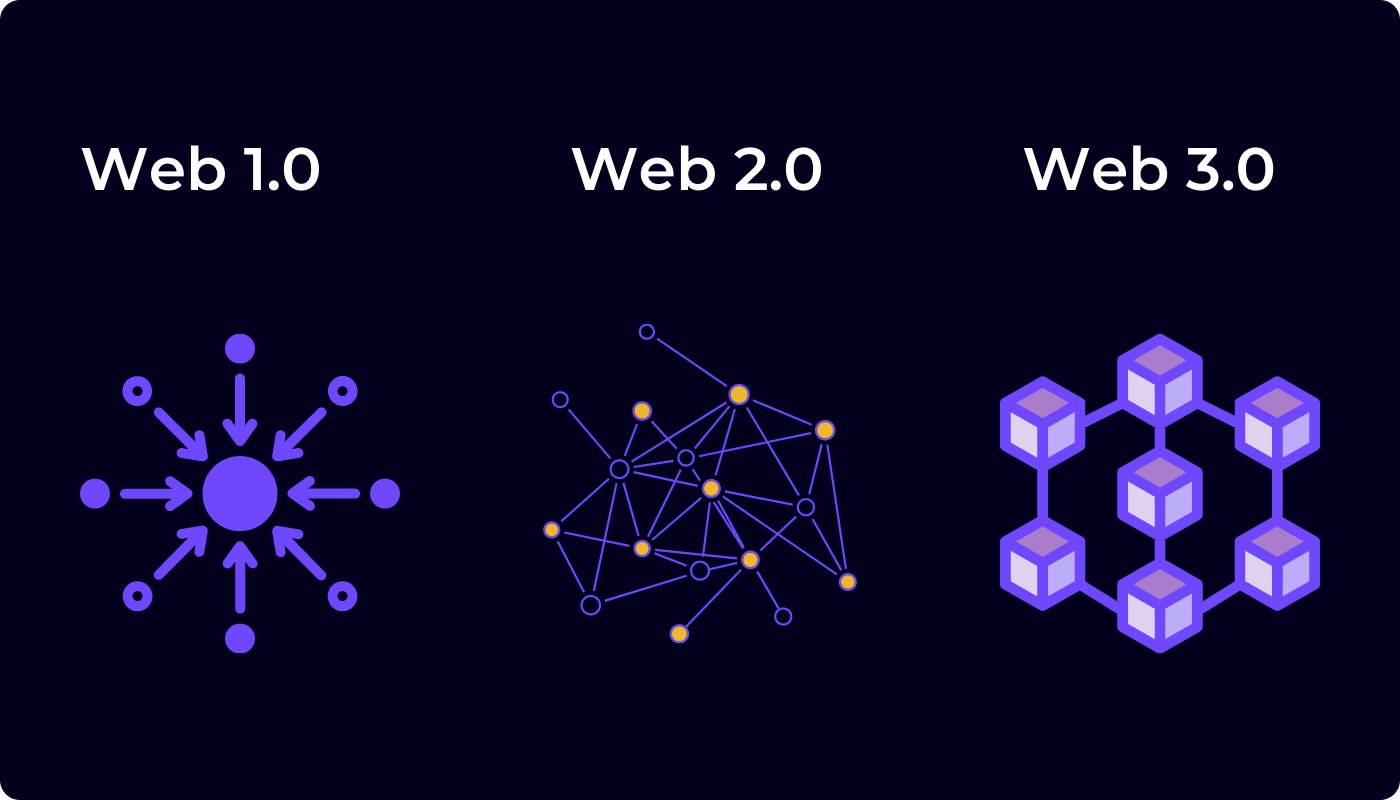
The concept of decentralization, which you have probably heard in every article since the very beginning of this blog post, is one of the biggest advantages of Web 3.0 compared to Web 2.0. We see the most tangible effect of this advantage in the field of finance and economy.
The basis of the economy in the world is money. As I mentioned above, in centralized systems, money is managed and controlled by certain centers. These centers hold the money in their hands, which is based on the assets we produce and the sweat of our brow. Web 3.0 is against this situation.
In Web 3.0, money is not held in a specific center. Money and financial systems are decentralized on the BlockChain network. Thanks to blockchain technology, people have full access to their funds and the transparency of transactions increases.
Benefits of Web 3.0 for Finance and Economy:
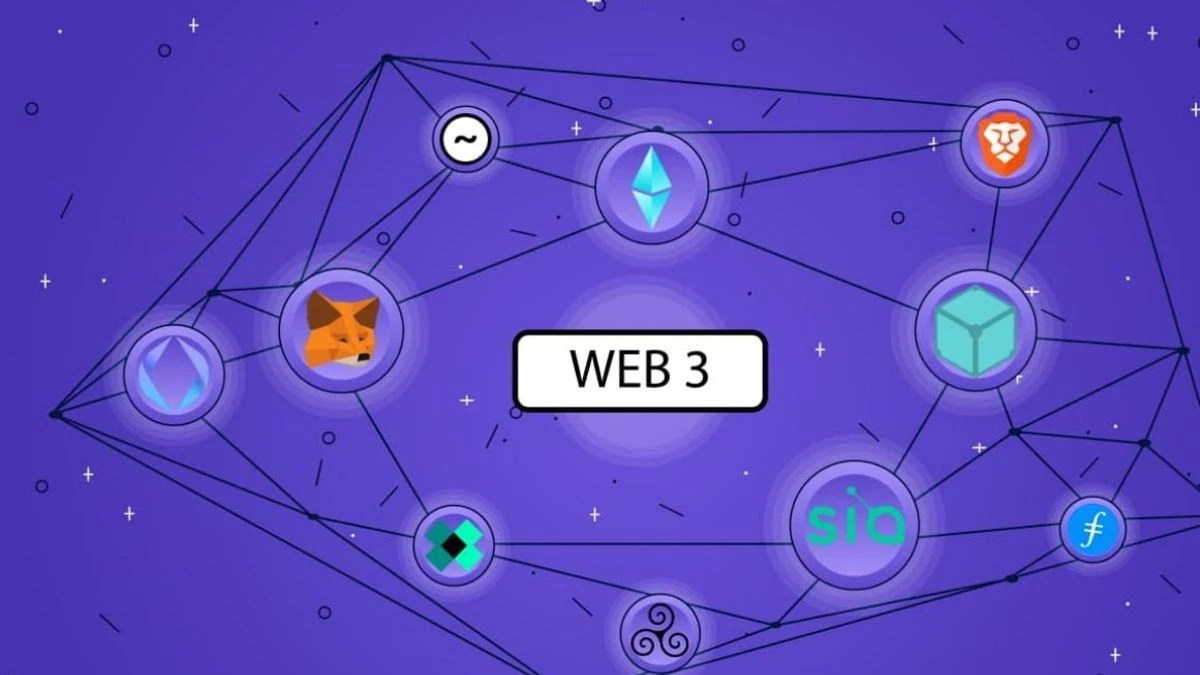
A Fairer and More Inclusive Economy: Decentralized financial systems enable a fairer and more inclusive economy by eliminating intermediaries and providing equal access to everyone. Transactions, consensus (think of it like a vote. The mechanism for deciding whether or not to do a transaction). In Web 3.0, many transactions are transparent. Transactions in the system are not hidden from you, they are done almost in front of your eyes. Actually, ignore this concept for now, but if consensus voting is based on a system like Proof of Stake (PoS), people can participate by paying a fee.
Faster and Cheaper Transactions: Decentralized systems reduce transaction times and lower transaction fees. Instead of each transaction being approved on a central server, it is verified on multiple computers in a distributed network. In this way, centers do not have to wait for permission from each other and transactions are completed faster. In addition, decentralized systems do not pay intermediaries, which significantly reduces transaction fees. Payments are the cost of the energy used for the transaction. As a result, decentralized systems offer faster and cheaper transactions compared to traditional centralized systems.
Impact of Web 3.0 on Finance and Economy:
Web 3.0 has the potential to revolutionize finance and economics. This new paradigm will pave the way for a more equitable, inclusive, secure, transparent and innovative financial system, making a major contribution to the prosperity of people around the world.
Maybe 100’s more could be added to the above, but then this would no longer be a blog. Web 3.0 advocates are defending this system for a fairer and freer world. For these very reasons we owe them a big thank you. You can be sure that without Web 3.0 advocates, we would never have heard of BlockChain, Bitcoin, Ethereum and other systems that will save humanity from Web 2.0. If this market has paved the way in the world, it is thanks to them.
Thanks to Hal Finney, Nick Szabo, Vitalik Buterin, Changpeng Zhao, Elon Musk, the anonymous hero Sathoshi Nakamoto and all the other advocates...




评论 (0)